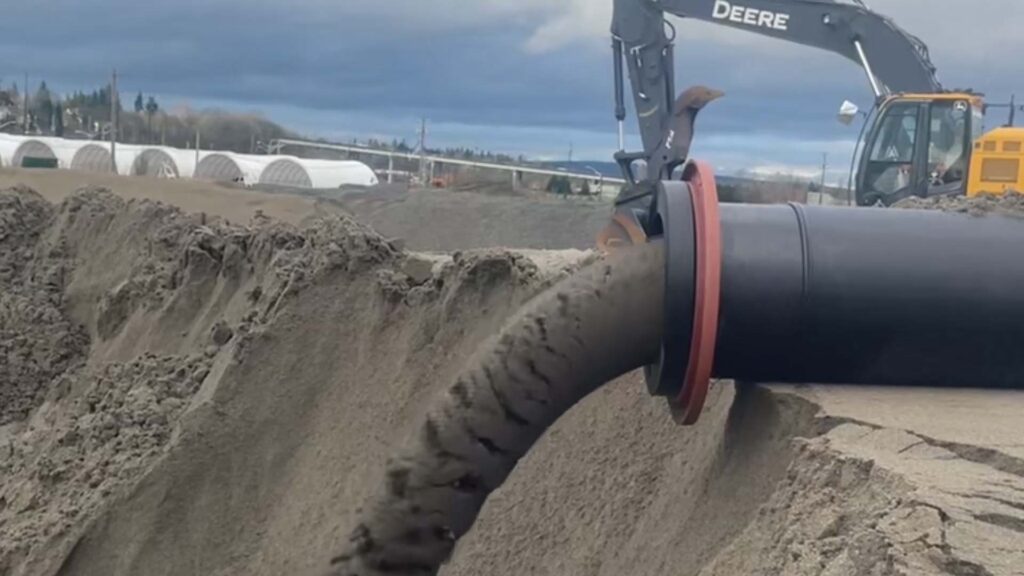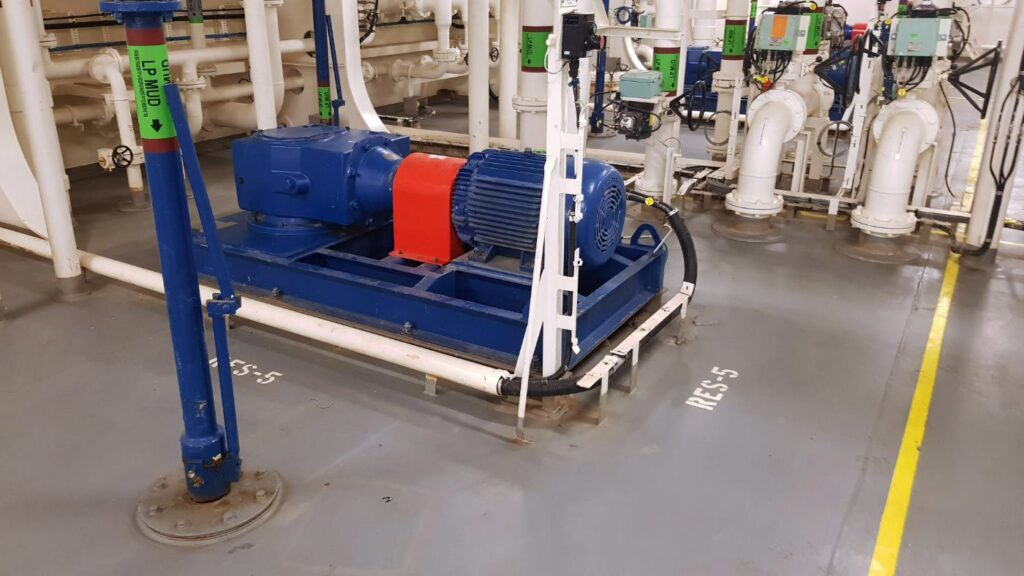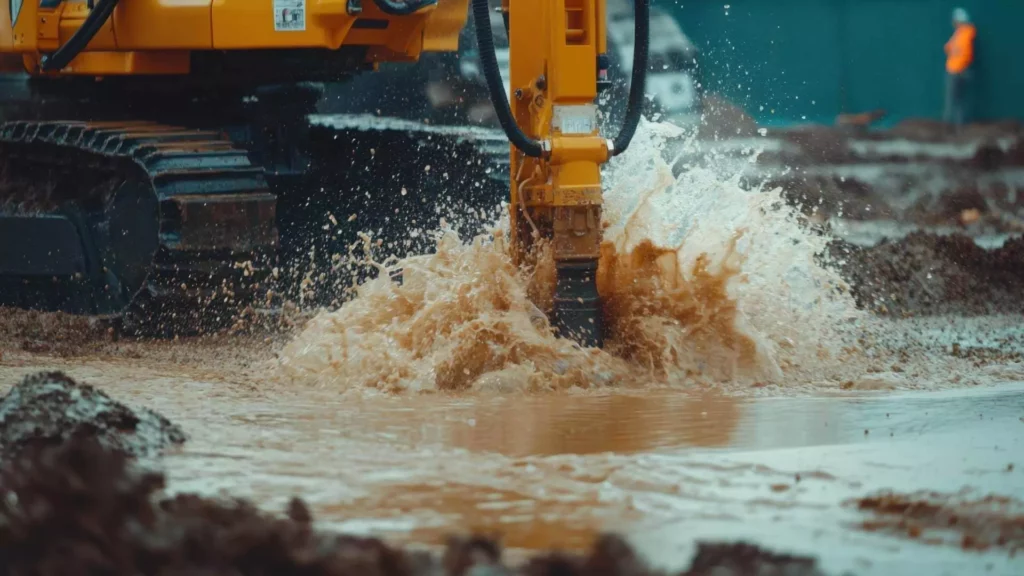Material Selection for Mining Slurry Pump Components: Metal vs. Rubber Lining
In mining operations, the efficient transportation of materials is crucial for maintaining productivity and minimizing downtime. A mining slurry pump is designed specifically to handle the challenging task of moving abrasive, high-density slurries that often contain minerals, rocks, and other particulate matter. These pumps are integral to the mining process, ensuring that materials are moved smoothly from extraction points to processing facilities, or from tailings ponds to disposal areas. The performance and reliability of a mining slurry pump are crucial in preventing costly disruptions and ensuring continuous operation. The material selection for the components of a mining slurry pump, such as impellers, liners, and casings, greatly impacts its performance, longevity, and maintenance costs. Pumps exposed to abrasive slurries tend to wear out more quickly, resulting in increased downtime and higher maintenance costs. Selecting the right materials can prolong pump life, improve performance, and decrease the frequency of repairs. Metal linings, known for their strength and durability, can withstand extreme conditions. In contrast, rubber linings are ideal for reducing wear from abrasive materials, offering a trade-off between strength and wear resistance. This article aims to guide decision-makers in selecting the appropriate materials for slurry pump components, with a specific focus on the choice between metal and rubber linings. The goal is to help mining professionals and procurement teams understand how material choice can affect the efficiency, maintenance costs, and overall performance of a mining slurry pump. Understanding Mining Slurry Pumps A mining slurry pump is designed to transport slurries, mixtures of water and solid particles, commonly found in mining operations. These slurries are often thick, abrasive, and corrosive, which makes pumping them a complex task. Mining slurry pumps are built to handle these challenging materials without sacrificing performance or reliability. Slurry pumps play a crucial role in transporting materials, including ore slurry, tailings, and waste. Given the abrasive and corrosive nature of these materials, the mining slurry pump must be constructed from materials that can withstand wear and corrosion. The pump’s components must be able to handle the continuous flow of slurry without significant degradation. When selecting a slurry pump for mining, key considerations include pump efficiency, durability, and cost-effectiveness. High-efficiency pumps help minimize energy consumption while maximizing material throughput, a crucial aspect in large-scale mining operations. Durability, particularly resistance to abrasive wear, is crucial to extending pump life and reducing maintenance downtime. Finally, cost-effectiveness is a significant factor, as the upfront investment in a mining slurry pump should be balanced with long-term operational costs. Choosing the right materials for the pump components can significantly reduce both initial costs and ongoing maintenance expenses. Key Components of Mining Slurry Pumps A mining slurry pump is composed of several key components that work together to ensure efficient and reliable operation in handling abrasive and corrosive materials. The most crucial parts of a slurry pump include the impellers, liners, seals, and shafts. Each of these components plays a crucial role in ensuring the pump operates at maximum efficiency while withstanding the harsh conditions typically found in mining operations. Selecting the right materials for these components is crucial for optimizing pump performance, extending its lifespan, and minimizing downtime. Among these components, the impellers and linings are particularly important, as they directly affect the pump’s wear resistance and its ability to handle specific types of slurries. In this section, we will focus on the materials used for impellers and linings, which are critical decision points for mining professionals and mining slurry pump manufacturers when selecting the best equipment for their operations. Impeller Materials: Metal vs. Rubber The impeller is one of the most critical components in a mining slurry pump, responsible for transferring energy from the motor to the slurry, making its material selection a key factor in pump performance and longevity. Impellers can be made from various materials, each offering unique advantages based on the type of slurry being pumped. High Chrome Alloy Cast Iron (Metal): Advantages: High chrome alloy cast iron impellers are often the material of choice for pumps handling abrasive, high-concentration slurries. These impellers offer superior wear resistance and excellent corrosion protection, making them ideal for applications where the slurry contains large, hard particles such as gravel, sand, and ore fragments. High chrome alloys can withstand the mechanical stress and wear caused by the continuous movement of these abrasive materials. Real-world applications: In mining operations, mining slurry pump manufacturers commonly use high-chrome alloy impellers in situations where the slurry is composed of high-hardness materials, such as tailings processing or extraction operations that involve the pumping of coarse ores. These impellers are also highly effective in pumping high-concentration slurries, which contain a large amount of solid matter suspended in water. Rubber (Natural or Synthetic Elastomers): Advantages: Rubber impellers, whether made from natural or synthetic elastomers, are known for their excellent corrosion resistance, as well as their ability to absorb noise and reduce vibration. Rubber impellers are ideal for pumping slurries that are less abrasive but contain aggressive chemicals, making them well-suited for mining operations that involve the transportation of chemically treated materials. Real-world applications: Slurry pumps used in mining applications involving slurries with corrosive chemicals, such as those found in mineral processing, where flotation agents or acids are employed, can greatly benefit from rubber impellers. The flexibility and resilience of rubber also make it suitable for handling fine slurries, where fine particles do not cause excessive wear to the pump components. Polyurethane: Benefits: Polyurethane offers a balance of both abrasion and corrosion resistance, making it an excellent choice for mining slurry pump impellers that must handle specific types of slurry. It provides enhanced wear resistance in environments with moderate abrasion, as well as resistance to various chemicals commonly found in mining processes. Applications and Suitability: Polyurethane impellers are well-suited for slurry environments that require both high abrasion resistance and moderate chemical exposure. These impellers are often used in applications such as coal mining, where slurries can be abrasive but not as chemically aggressive as those found in more complex mineral extraction processes.
Material Selection for Mining Slurry Pump Components: Metal vs. Rubber Lining Read More »



